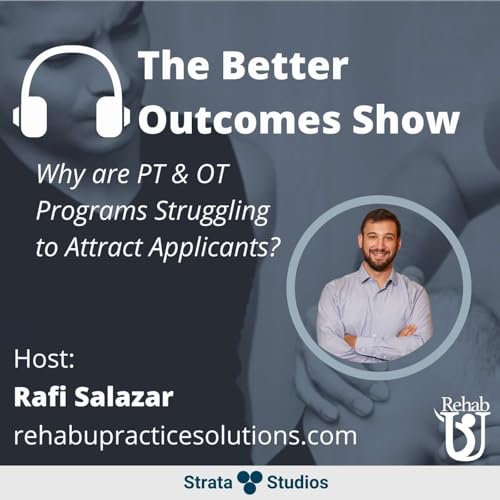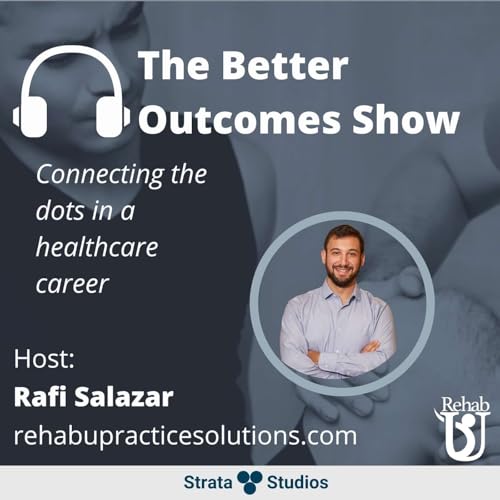How do you actually get better — as a clinician, a business owner, or a leader? It’s not more school, another certification, or reading one more article. It’s reps.
In this episode, I break down the single biggest piece of advice I give new clinicians (and anyone moving into leadership or entrepreneurship): your education is just your ticket to play — expertise comes from getting reps.
We’ll explore:
Why formal education is only the starting line, not the finish line
How repeated exposure to patient cases sharpens pattern recognition and clinical decision-making
What it really means to turn experience into wisdom through reflection
Why this “reps + reflection” framework applies equally to business and leadership — hiring, marketing, launching new services
Practical ways to accelerate growth in any career path without waiting years for confidence to catch up
Why This Matters
Confidence isn’t built in a classroom — it’s built in the field, one decision at a time.
Business & leadership skills develop the same way as clinical ones — through lived experience and iteration.
If you’re feeling “stuck” or unsure, the solution isn’t another credential — it’s getting in the game and stacking reps.
Listen to the Episode to Hear …
How to intentionally extract lessons from each patient, project, or business challenge
Personal stories from my early days as a clinician and later as an entrepreneur
Simple strategies to speed up growth without burning out — journaling, mentorship, and deliberate practice
Encouragement to stop waiting for perfection and just start doing the work
Full episode note: https://rehabupracticesolutions.com/better-outcomes-163
Podcast: https://www.betteroutcomes.show
Get the Book: https://amzn.to/3M2UZ6x
Book a call with me: https://calendly.com/rehabu/discovery
Connect with Me: https://www.rafisalazar.com
If you'd like to learn more about Strata EMR & RCM and achieving a 99.99% reimbursement rate for your PT, OT, or SLP Clinic head over to stratapt.com and book a demo with their team!
 35 mins
35 mins Feb 11 202637 mins
Feb 11 202637 mins 42 mins
42 mins 30 mins
30 mins 55 mins
55 mins 28 mins
28 mins 35 mins
35 mins Jun 18 202539 mins
Jun 18 202539 mins
